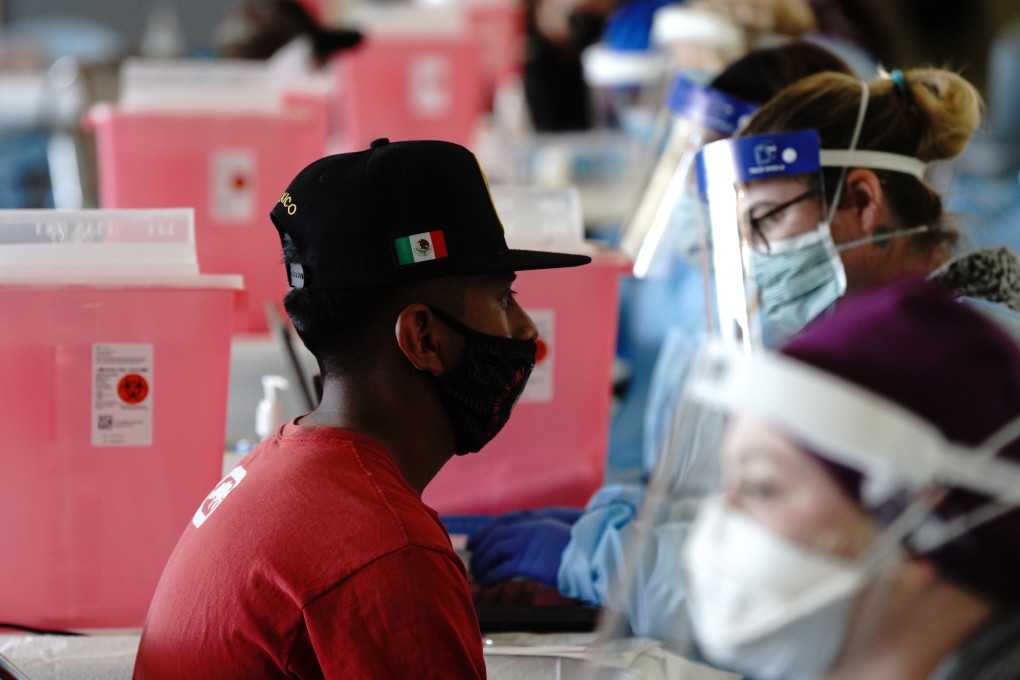Coronavirus: researchers in Canada urge delay in administering Pfizer vaccine’s second dose
- Danuta Skowronski and Gaston De Serres said the administration of the second dose a month after the first provided ‘little added benefit in the short term’
- Their findings were derived from Pfizer’s documents submitted to the US FDA

Danuta Skowronski and Gaston De Serres said their findings were derived from Pfizer’s documents submitted to the US Food and Drug Administration (FDA).
These findings were also similar to the first-dose efficacy of 92.1 per cent reported for Moderna’s mRNA-1273 vaccine, Skowronski and De Serres said in their letter published in the New England Journal of Medicine.
They cautioned that there may be uncertainty about the duration of protection with a single dose, but said that the administration of the second dose a month after the first provided “little added benefit in the short term”.
“Given the current vaccine shortage, postponement of the second dose is a matter of national security that, if ignored, will certainly result in thousands of Covid-19 -related hospitalisation and deaths this winter in the United States,” the authors warned.
In its response, Pfizer said that alternative dosing regimens of its vaccine had not been evaluated yet and the decision to do that resided with the health authorities.
“We at Pfizer believe that it is critical for health authorities to conduct surveillance on implemented alternative dosing schedules to ensure that vaccines provide the maximum possible protection,” the company added.